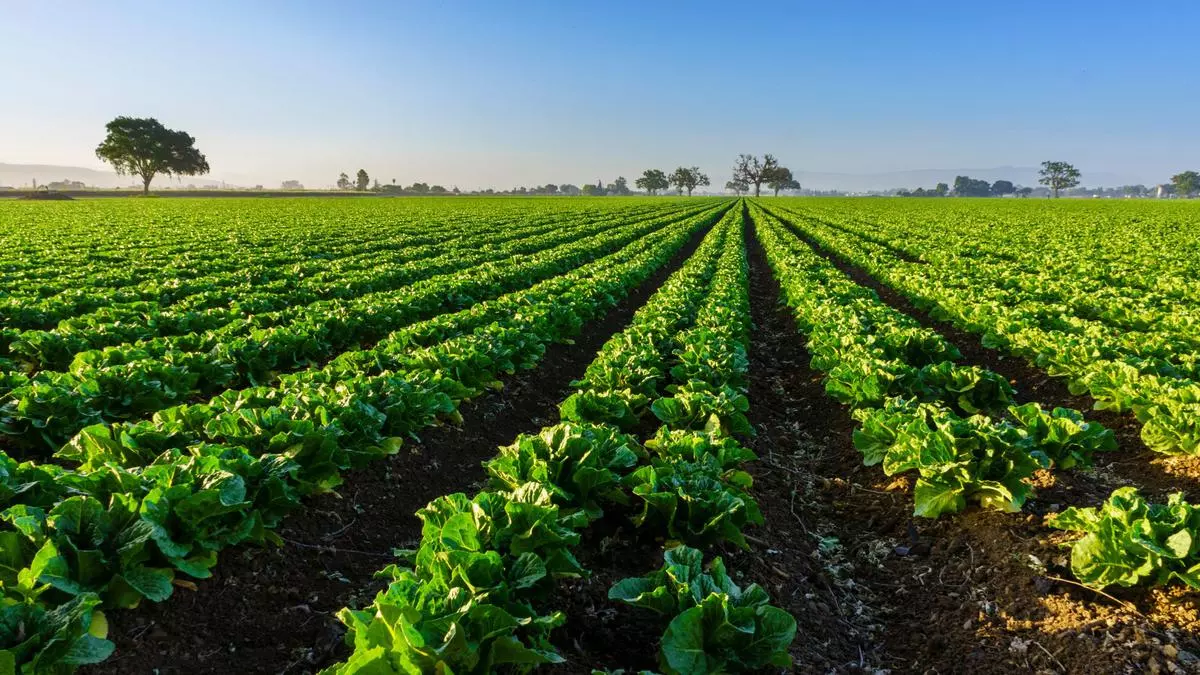Access to accurate climate trends helps farmers make better investment decisions
It is difficult to convince a farmer of monsoon predictions even though they may be open to climate change adaptation technology. Monsoon’s onset timing is critical for agriculture, but a new study from Telangana has found that farmers may not always have access to accurate onset information and thus disagree widely about when the monsoon will start, highlighting the need for forecasts.
The study done by researchers at the Energy Policy Institute at the University of Chicago reveals that when farmers in India are given highly accurate monsoon forecasts not typically available to them, they make better investment decisions. Farmers change their farming behaviours according to the forecasts. Changes in agricultural investments lead to changes in agrarian outcomes and well-being. Insurance encourages optimistic farmers to invest more but does not guide smarter choices.
The study conducted in Telangana presents the first experimental evidence on the impact of an accurate long-range monsoon forecast — a new climate adaptation technology — on farmers’ behaviour and well-being.
Can improved access to forecasts aid farmers in adapting to climate change? This is the focus of the study by Fiona Burlig, Amir Jina, Erin M. Kelley, Gregory Lane, and Harshil Sahai titled “Long-Range Forecasts as Climate Adaptation: Experimental Evidence from Developing Country Agriculture.
Specifically, the researchers studied 250 villages in Telangana state in Southern India, where more than half the labour force comprises farmers. It was done to test the impact of forecast information on farming.
The study suggests that long-range forecasts enable farmers to make the best possible decisions about whether to plant, how much to plant, what to plant, and how to make adjustments across crops by providing critical information about the coming growing season.
As such, providing farmers with better access to forecasts can help them adapt to the less predictable conditions that come with climate change. However, forecasts with proven accuracy are rare and often inaccessible. Improving forecasts and making them available to farmers could increase the wellbeing of farmers and boost the economies of farming communities around the world.
